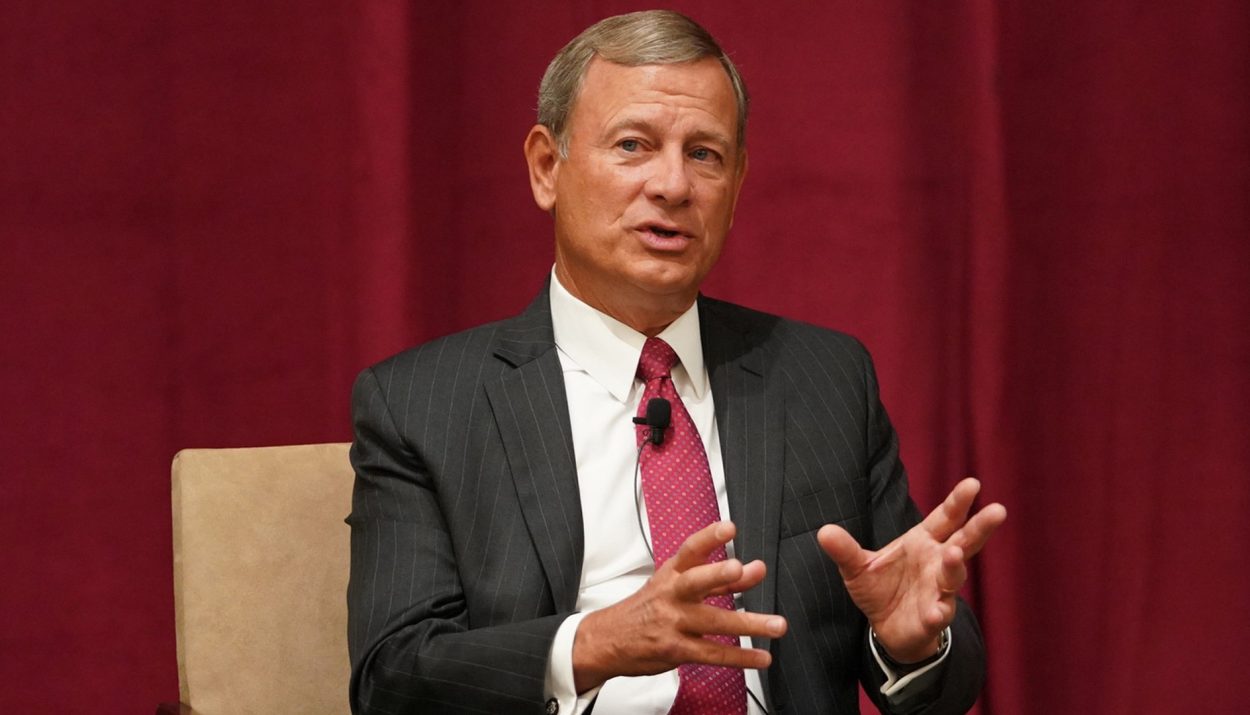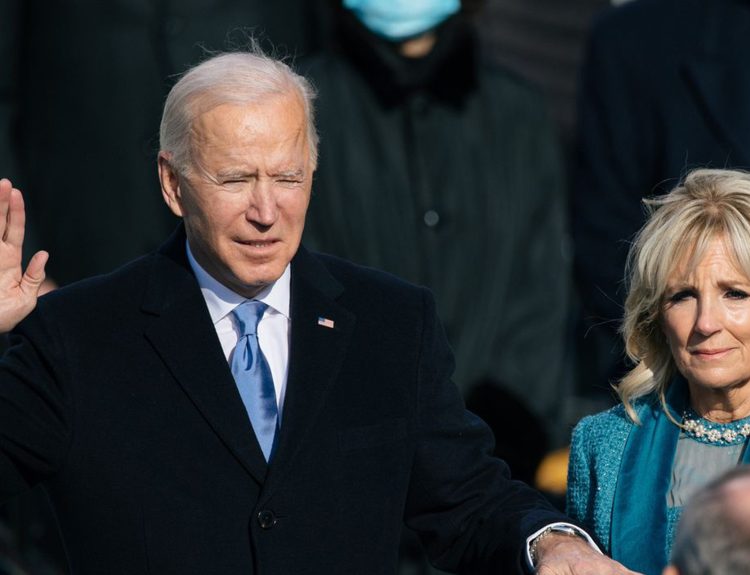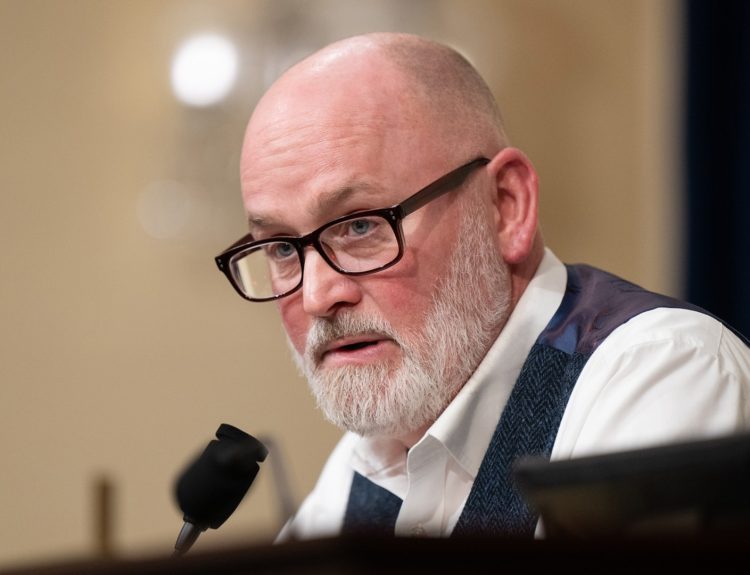Chief Justice John Roberts is facing mounting criticism for his handling of the Supreme Court ethics scandal involving Justice Clarence Thomas and his wife Ginni Thomas. Critics argue Roberts has failed to adequately address allegations that Justice Thomas’ impartiality has been compromised due to his wife’s political activism.
With public trust in the Supreme Court plummeting, there are growing calls for Roberts to take decisive action on this issue which threatens the integrity and credibility of the nation’s highest court. However, the Chief Justice has remained silent so far, raising concerns that he is unwilling to hold a fellow justice accountable even in the face of a clear conflict of interest.
The Supreme Court Ethics Scandal Explained
The Supreme Court is exempt from the judicial code of conduct that applies to all other federal courts. While there are guidelines in place, there are no strict rules prohibiting unethical behavior. This lack of enforceable ethics rules has allowed certain justices to engage in conduct that threatens the integrity of the court.
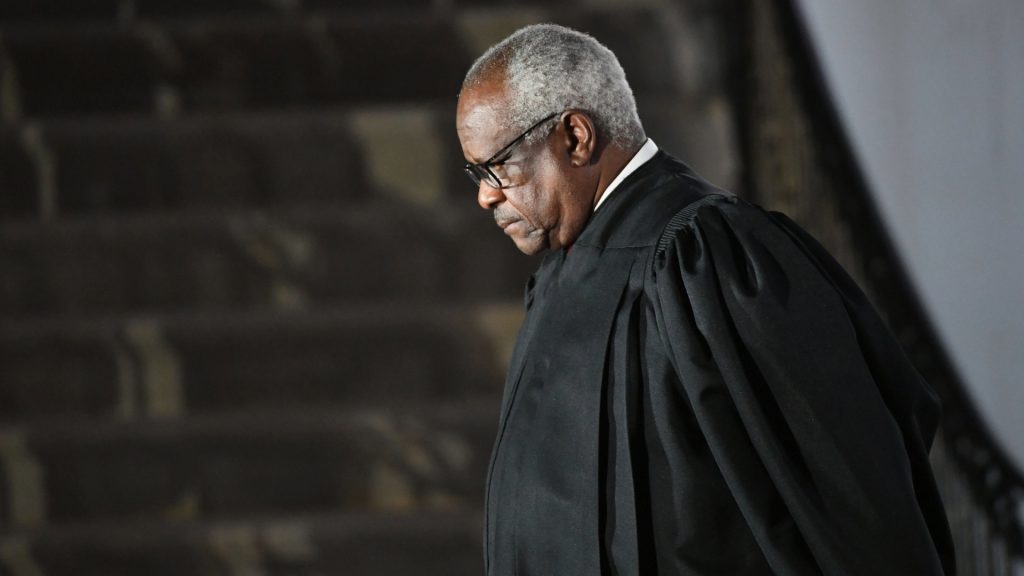
Justice Clarence Thomas has been accused of violating ethics standards through failure to disclose gifts and income. According to ProPublica, Thomas did not report luxury trips paid for by wealthy donors on disclosure forms as required by law.
Chief Justice John Roberts Declines to Testify
Chief Justice John Roberts has refused an invitation to testify before the Senate Judiciary Committee regarding ethics concerns in the Supreme Court. In his annual year-end report, Roberts did not address issues of judicial misconduct and unethical behavior that threaten the legitimacy of the court.
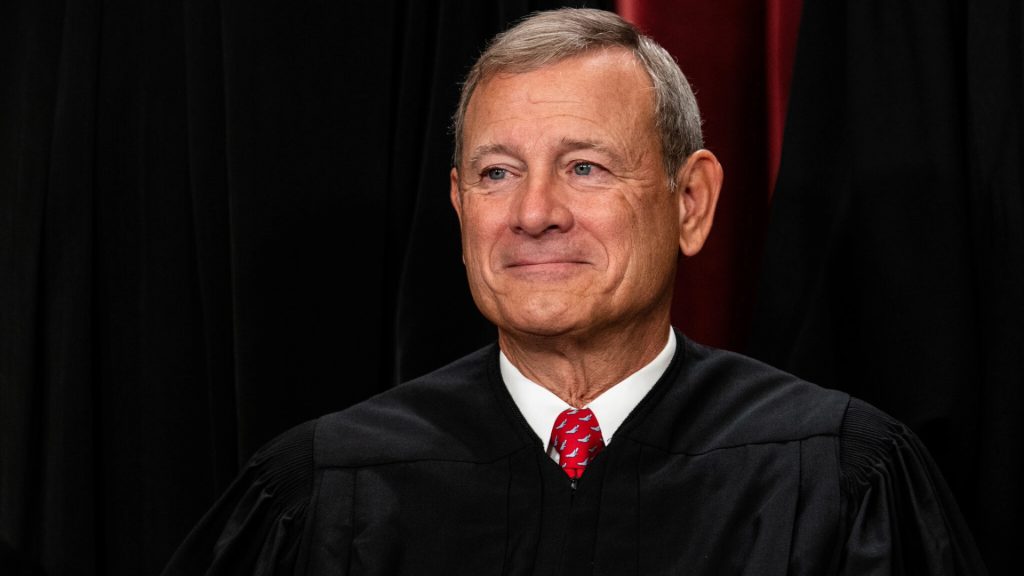
They argue the Supreme Court cannot be trusted to police itself and call on Congress to establish enforceable ethics rules for the court. Roberts’ unwillingness to address credible allegations of misconduct by his fellow justices raises questions about his leadership of the court.
Allegations Against Justice Roberts and His Wife
Legal experts and politicians alike have criticized Chief Justice John Roberts for failing to address serious ethical issues plaguing the Supreme Court in his annual report. According to commentator Joe Patrice, Roberts’ report focused on artificial intelligence rather than discussing issues such as the “ethical scandals from top to bottom” affecting the federal judiciary.
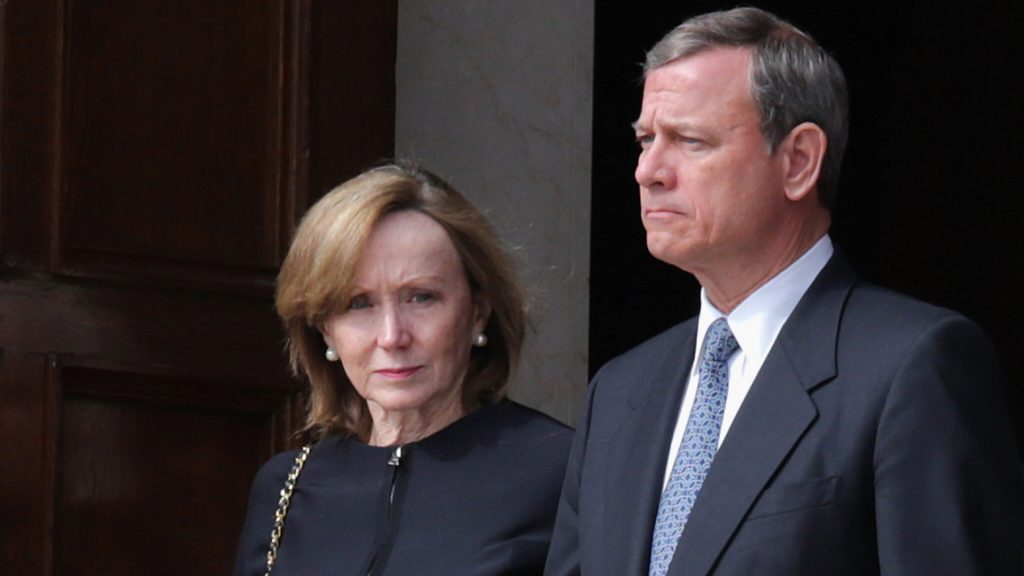
Rather than addressing issues of “forum shopping” or threats against judges, Roberts’ report discussed the rise of AI in the court system. Patrice condemned this choice, stating Roberts “saw the report this year as an opportunity to tickle the clickbait impulses of legal reporters eager to spill a few hundred words speculating about AI rather than focusing on the Chief’s silence on the most pressing issues undermining the legitimacy of the third branch.”
Calls for Roberts to Address the Controversy
The Chief Justice’s decision to avoid addressing the corruption allegations leveled against the Court in his end-of-year report has drawn criticism from legal experts and lawmakers. According to critics, Roberts’ silence on the issue signals a lack of accountability and threatens the legitimacy of the judiciary.

Legal commentator Joe Patrice issued a scathing rebuke of Roberts’ report, calling it “a piss-poor analysis” that revealed the Chief Justice’s “disdain for the American people.” Patrice argued that rather than focusing on artificial intelligence, Roberts should have addressed the “ethical scandals” plaguing the federal judiciary.
Implications for the Court’s Impartiality
The Chief Justice’s refusal to address serious ethical concerns regarding certain members of the Court in his year-end report severely undermines public trust in the judiciary. By declining the Senate Judiciary Committee’s invitation to testify on ethics issues, Roberts avoids direct scrutiny and questioning about his failure to enforce ethical standards.
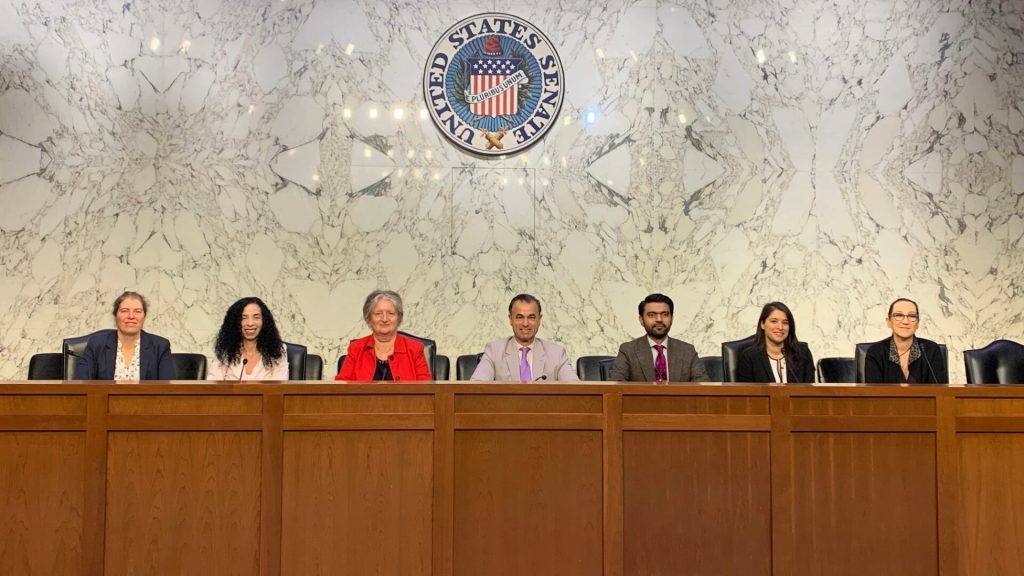
As Sen. Dick Durbin noted, the current standards are clearly inadequate given that one justice repeatedly failed to disclose lavish gifts and trips as required by law. Without enforceable ethics rules and accountability, the Court risks behaving as though it is above the law.
Past Ethics Controversies Involving the Supreme Court
The Supreme Court has faced criticism over individual justices’ failures to recuse themselves from cases in which they may have conflicts of interest. According to legal experts, the code of conduct for lower federal judges requires recusal when impartiality may reasonably be questioned, but the Supreme Court is not bound by this code.
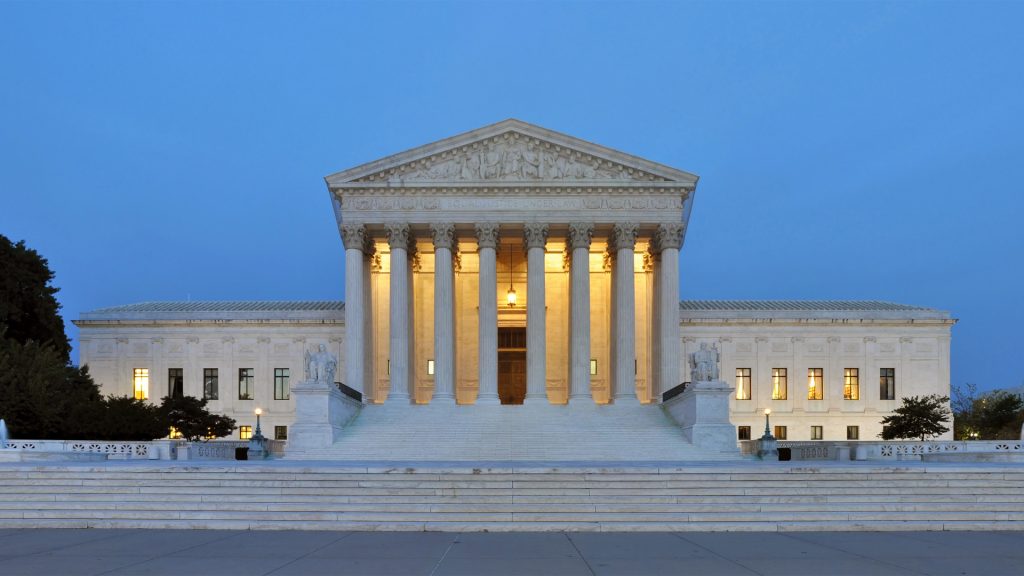
In 2016, Justice Ruth Bader Ginsburg expressed “regret” over comments she made criticizing then-presidential candidate Donald Trump during the election campaign, but she did not recuse herself from cases involving the Trump administration.
Proposed Reforms to Increase Supreme Court Accountability
The failure of Chief Justice John Roberts to address serious allegations of ethics violations within the Supreme Court highlights the need for reform to increase accountability. Currently, the Supreme Court lacks enforceable ethics rules and transparency requirements that apply to other government branches.
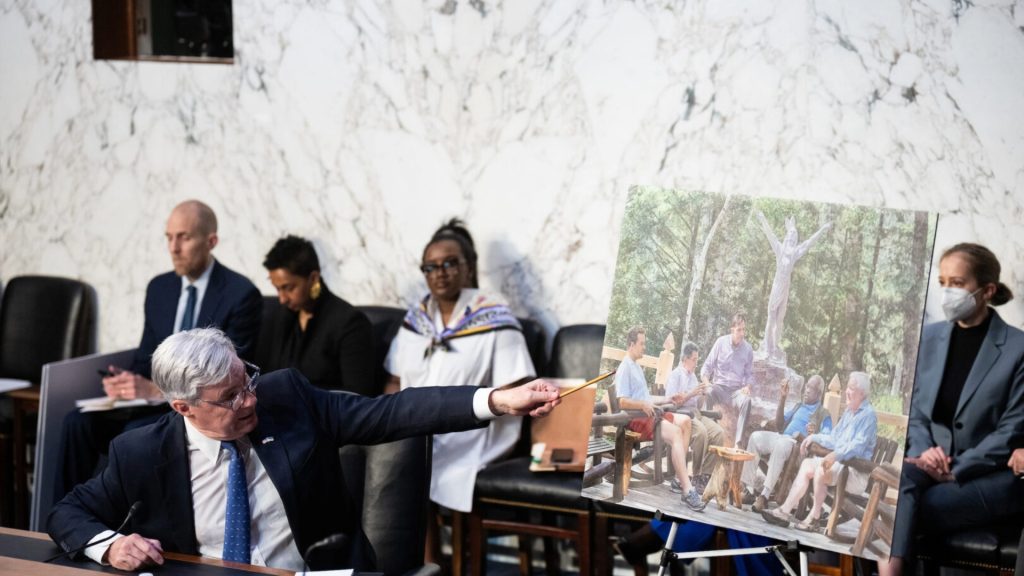
To address this issue, members of Congress have proposed legislation to establish an ethics code for the Supreme Court and require the disclosure of gifts. For example, the Supreme Court Ethics, Recusal, and Transparency Act would require justices to disclose income, gifts, and donations and adhere to an enforceable ethics code.
Justice Roberts’ Record on Ethics and Recusal
Chief Justice John Roberts’ handling of ethics issues during his tenure as head of the Supreme Court has come under increased scrutiny in recent years. His reluctance to address growing concerns over Justice Clarence Thomas’ alleged ethical violations has led critics to question Roberts’ commitment to judicial integrity.
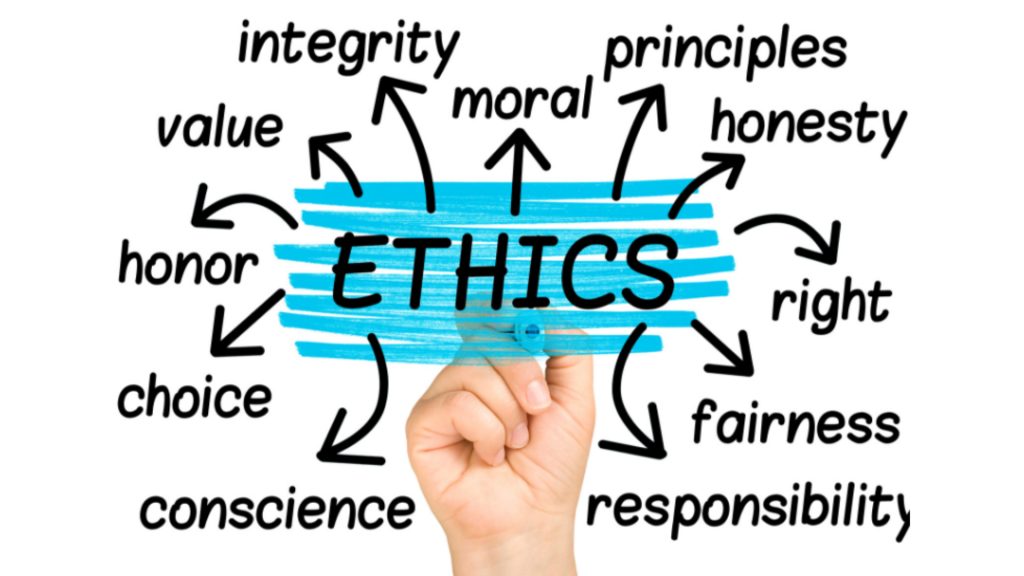
According to legal experts, Roberts has failed to hold justices accountable to the ethics standards and disclosure laws that apply to the rest of the federal judiciary. In his end-of-year report on the federal judiciary, Roberts declined to mention the corruption scandal engulfing the Court, instead choosing to focus on artificial intelligence.
How This Scandal Could Impact Upcoming Supreme Court Cases
The corruption scandals surrounding the Supreme Court threaten to undermine the institution’s legitimacy and authority. As the court prepares to rule on several high-profile cases this term, questions about individual justices’ ethics could cast doubt on the court’s decisions and integrity.
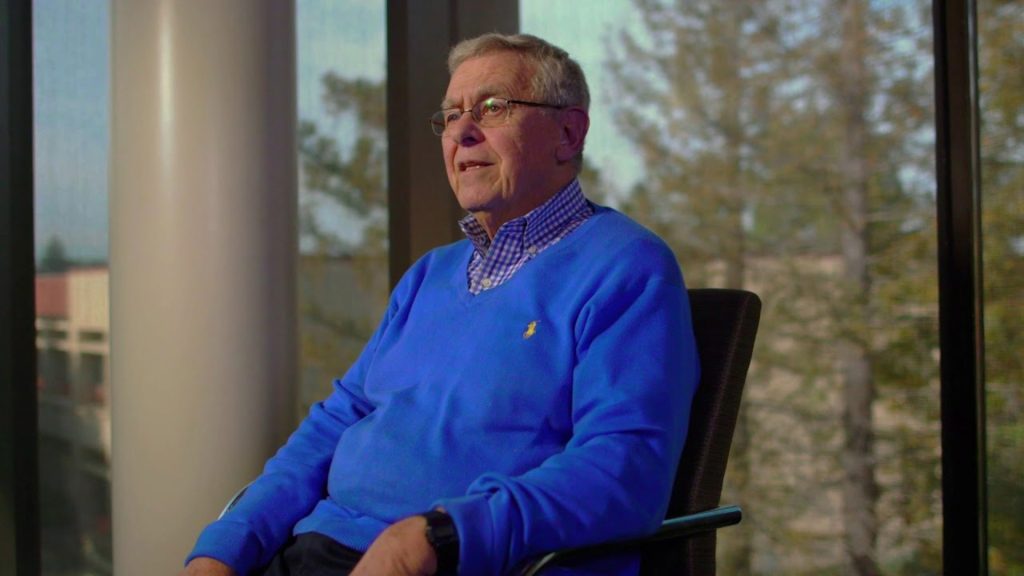
According to legal experts, the Supreme Court’s rulings rely heavily on public trust in the justices and the institution. If that trust is eroded, the court’s authority is jeopardized. “The court’s power lies solely in its judgment,” said Lawrence Friedman, a professor of constitutional law at New England Law.
Roberts Issues Shines Light in Larger Issues
While Chief Justice Roberts has come under scrutiny for his handling of the recent Supreme Court ethics scandal, the situation illuminates larger issues within the judiciary. The lack of a binding code of conduct allows ambiguity around ethical standards at the highest court.
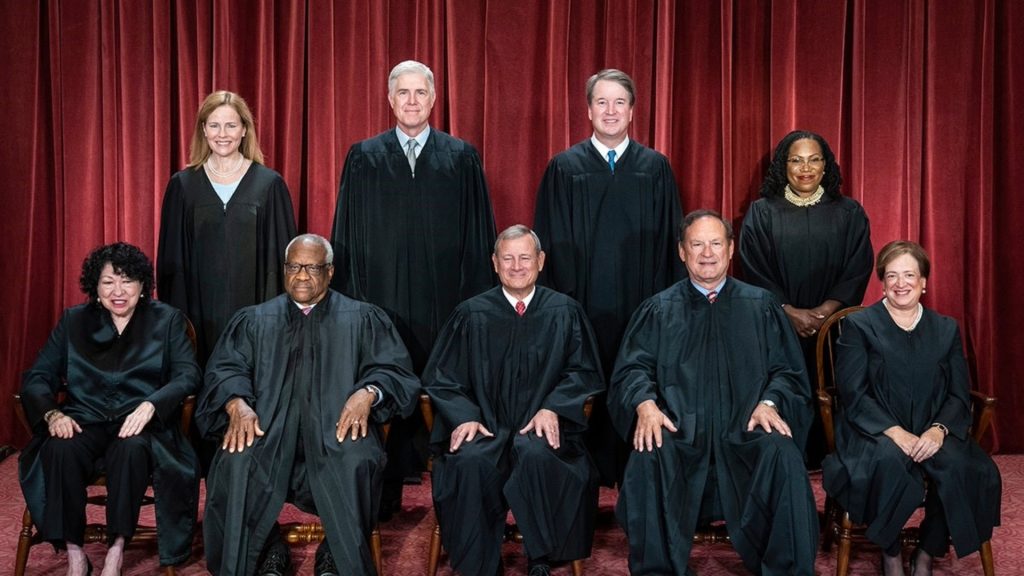
Ultimately, this controversy underscores the need for reasonable ethics rules to uphold integrity, without undermining judicial independence. The path forward will require nuance and wisdom to enact meaningful reforms without overcorrection.

